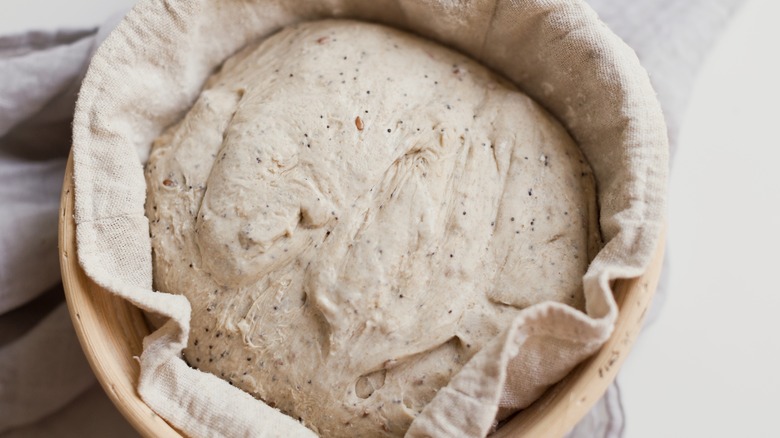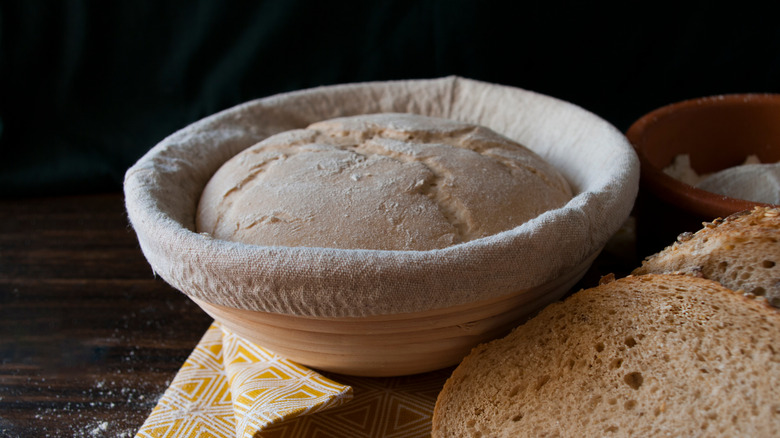How To Clean Your Banneton Liner
As homemade bread has surged in popularity, so have specialty tools like banneton baskets for which a proper cleaning method is not always obvious. Cleaning your banneton liner is essential for maintaining the hygiene and longevity of this crucial bread-making tool. The banneton liner, often made of fabric, serves as a protective layer for dough during proofing. Regular cleaning ensures a sanitary environment for your sourdough bread or other loaves and preserves the liner's quality.
Begin by gently shaking off excess flour from the banneton liner. This initial step helps remove loose particles, making the subsequent cleaning process more efficient. Then, use a stiff-bristled brush or a dry cloth to sweep away any remaining flour residue, which can otherwise accumulate and form a stubborn layer that is challenging to clean over time.
Next, dampen a soft sponge or cloth with lukewarm water. Avoid using hot water, as it can weaken the fabric and compromise the integrity of the banneton liner. Gently wipe the surface of the liner, ensuring that you reach all corners and seams. For stubborn spots, you can apply a mild soap solution to the damp cloth. However, be cautious not to use harsh chemicals or strong detergents, as these can leave undesirable residues and affect the taste of your bread during the proofing process.
Drying is just as important as cleaning
After cleaning, allow the banneton liner to air dry completely before storing or using it again. Hanging it in a well-ventilated area is ideal, as this ensures thorough drying and prevents the growth of mold or mildew as well as any unpleasant odors. Avoid using heat sources such as ovens or direct sunlight for drying, as excessive heat can cause the fabric to shrink or lose its shape.
In addition to cleaning and drying your banneton liner, periodically inspect it for any signs of wear or damage. If you notice fraying, holes, or weakened seams, it may be time to consider replacing the liner to maintain the highest quality of your bread. At only around $2 a liner, it's a small price to pay for the best bread possible! As with any of your kitchen utensils and tools, strive for cleanliness whenever you can. Those who partake in the food you make will appreciate it!

